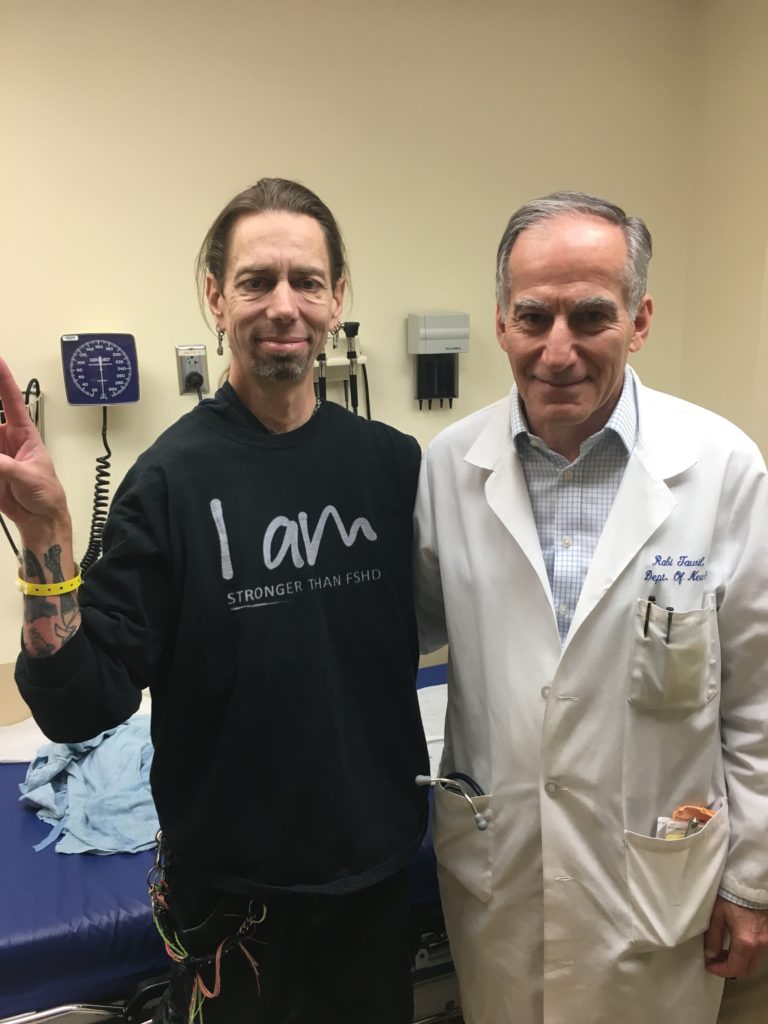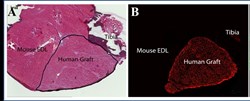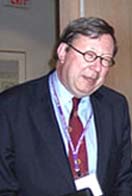
To crack the code of FSHD, patients are absolutely essential
All of the breakthroughs—the discovery of the genetic causes, understanding why some patients vary so greatly in the severity of their symptoms, teasing out the biochemical pathways that could point to future treatments—were made because patients stepped up to the plate.
Too often, we hear patients say they’ll volunteer when there’s a treatment. But we will never get to a treatment unless patients participate in fundamental research now. FSHD is uniquely human, so no laboratory mouse can ever fully model the disease. The genetic “package” that causes FSHD is found only in people. We owe an enormous debt to the patients who give DNA samples. Who submit to long interviews and exhausting physical tests. Allow a surgeon to cut out a small muscle sample. Who fight claustrophobia to lie in the narrow bore of an MRI machine.
Equally important are patients’ family members, both affected and unaffected, who provide the best experimental controls because of their shared genetic and environmental backgrounds. A parent or sibling who has very mild symptoms may hold the key to understanding the factors that protect against the full-blown development of FSHD symptoms in a more severely affected family member.
We are more hopeful today than ever before that a treatment is within sight. We cannot guarantee when that treatment will arrive, but here’s one thing we guarantee: If you volunteer for research, your participation will without question help move us a step closer to that day.
Scientific Overview of FSHD
Read the latest on wikipedia
Glossary of Scientific Terms
First FSH Muscular Dystrophy High-Throughput Drug Discovery Study Published
From PRWeb press release, February 6, 2014. In research funded by the FSH Society, a patient advocacy organization, a Minnesota team has identified drugs that block the toxic effects of… Read More »
Human Muscle Growing in Mice Provides a New Research Tool for FSHD
Lexington, Mass. (PRWEB) January 24, 2014. As published online today in Human Molecular Genetics, support from the FSH Society, a patient-driven nonprofit, has enabled people with facioscapulohumeral muscular dystrophy (FSHD) to… Read More »
FSH Society accolade for George Padberg
FSH SOCIETY PIONEER AWARD PRESENTED TO GEORGE W. PADBERG, MD, PHD, HEAD OF THE DEPARTMENT OF NEUROLOGY, ST RADBOUD UNIVERSITY MEDICAL CENTRE, NIJMEGEN, THE NETHERLANDS AT HIS VALEDICTORY LECTURE HELD… Read More »





